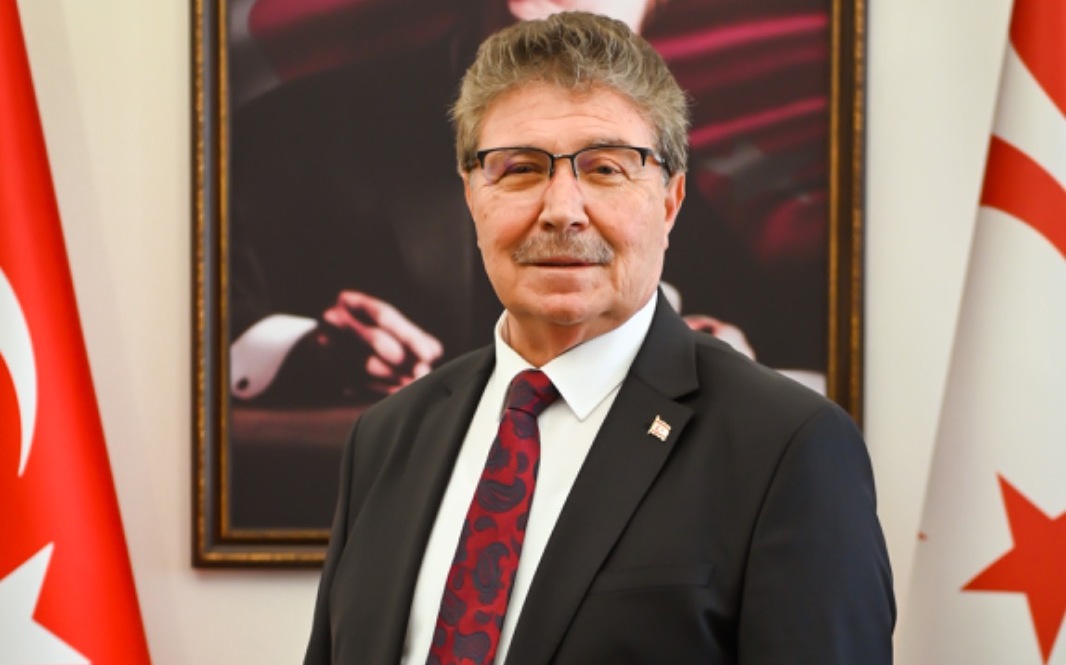
Prime Minister Ünal Üstel has said that the International Energy Protocol signed between the Turkish and TRNC governments will allow the two countries to be interconnected via an undersea cable.
“This step is crucial and historic enough to potentially reshape power balances in the Eastern Mediterranean,” he said.
Üstel added that once the project is completed in five years, electricity received by the Kalecik Power Plant provided by AKSA will end and that the improved version of the main Tekneçik Power Plant run by the Cyprus Turkish Electricity Authority (KIB-TEK) will continue to function as a backup plant to meet all electricity demands.
The Prime Minister also mentioned that KIB-TEK has the right to unilaterally terminate the contract should the feasibility of the interconnectivity system not be completed in one year or the project in five years.
Evaluating the International Energy Protocol signed between the Turkish Republic of Northern Cyprus (TRNC) and Türkiye as well as the renewal of the agreement between KIB-TEK and private Turkish Electricity Company (AKSA), Prime Minister Ünal Üstel said that both the TRNC and Türkiye will go down in history.
“This project, interconnecting the TRNC with Türkiye will make our country an integral part of Türkiye’s Century. We are taking the first steps towards the cable project that will bring electricity from Türkiye, which is the second-largest project of the century. With this, we are turning a 30-year-old dream that has been the subject of almost all cooperation agreements since 1984 into reality. Thanks to the memorandum of understanding signed for the project that involves bringing electricity from Türkiye to the Turkish Republic of Northern Cyprus through an undersea cable and transitioning to the interconnection system, this ambitious project is no longer just a dream but has started to become a reality with confident strides”, he said.
Üstel pointed out that the project will allow the transmission of electricity both ways
“This step is crucial and historic enough to potentially reshape power balances in the Eastern Mediterranean. With the signed agreement, we have ensured the rapid initiation of the necessary work to solve the long-lasting electricity problems in the TRNC,” he said, adding that the project will contribute greatly to the country’s economy as well as improve self-sufficiency in all areas, enhancing its energy, production, and economy.
The prime minister added that the project will solidify the presence of the TRNC as a state and contribute to the efforts for permanent peace on the entire island of Cyprus.
“Additionally, it will transform the island of Cyprus in the Eastern Mediterranean into an energy hub, opening up access to energy for all the countries in our region,” he said.
Üstel also pointed out that despite the criticisms, the ultimate goal was to further strengthen the Cyprus Turkish Electricity Authority, not make it redundant.
“At this point, I would like to clarify another matter: we continue to take all necessary steps to develop our local infrastructure and power plant, increasing its capacity,” he said.
The prime minister noted that in addition to the international agreement, a highly significant agreement was signed between KIB-TEK and AKSA.
“According to the contract, feasibility studies for the electricity transmission project through the cable and the interconnection system must be completed within one year. Once the feasibility studies are completed, the transition to the interconnection system will take place within five years. If the feasibility or interconnection system studies are not completed within one year or five years, respectively, KIB-TEK reserves the right to unilaterally terminate the contract,” he said.
Üstel added that at the end of the five-year period, with the completion of the interconnection system project, the service obtained from the Kalecik Power Plant will also come to an end.
However, the Teknecik power plant, in its improved form, will continue to function as a backup plant, fully capable of meeting all our technical and production needs, he said.